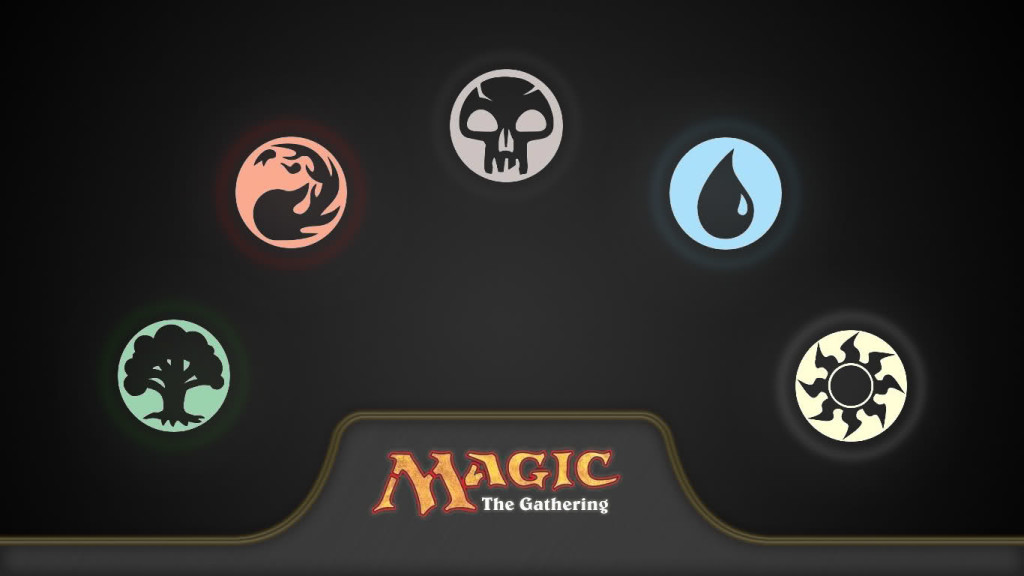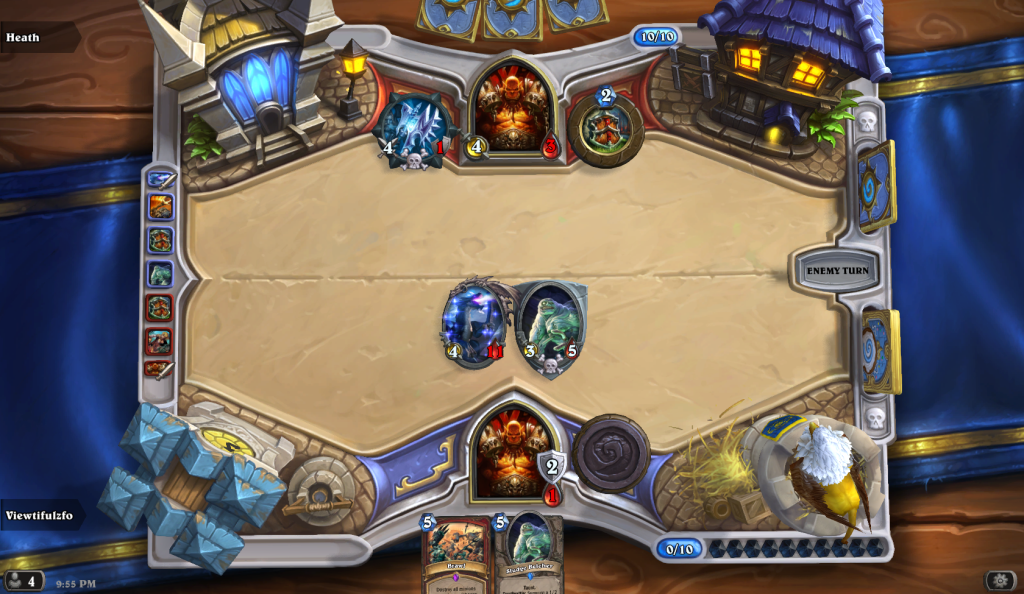4 When He had finished speaking, He said to Simon, “Put out into the deep water and let down your nets for a catch.” 5 Simon answered and said, “Master,we worked hard all night and caught nothing, but I will do as You say and let down the nets.” 6 When they had done this, they enclosed a great quantity of fish, and their nets began to break; 7 so they signaled to their partners in the other boat for them to come and help them. And they came and filled both of the boats, so that they began to sink. 8 But when Simon Peter saw that, he fell down at Jesus’ [b]feet, saying, “Go away from me Lord, for I am a sinful man!”
Luke 5
Remember the context of this tale: Jesus is finding the disciples, so they have no idea who this dude (other than some kind of rabbi in a boat) who tells them to fish in a particular way. For all intents and purposes, they assume Jesus has no experience in fishing, which is a reasonable assumption, but He remains an authority figure of some kind, so they just go along with it. What a surprise that his advice turns out to be quite accurate, even against understanding of the fishing trade and their own expectations.
God is a God of surprises, after all.
There’s been a decided lack of reviews and specific essay content on a wide variety of games on Theology Gaming as of late, at least from yours truly. I had many plans to play many different games, but those plans fell through. That is because I got into Hearthstone. And when I say “got into it”, I mean cash-invested to the tune of a few hundred dollars, and I don’t think it too unlikely that I might spend some more money. I can’t say I really predicted this at the beginning of this year, but I literally did not play much of anything other than Hearthstone (or World of WarCraft) for the past few months. What, exactly, makes it so compelling that I, gaming purist and hater of F2P games, would willingly plunk down money to support such a horrible business model?
It really comes down to my personality. I am a person of rather defined tastes and variety. I like mechanics and differing methodologies to achieve specific goals; just think of the various combat-action games I play, from Bayonetta to Devil May Cry to whatever weird Suda51 game appears before my digital entertainment platters. These games tend to contain various options for combat situations that represent huge shifts and changes in strategy, as well as defined pre-existing objectives. Open world games, as you might be able to tell, are just not my jam; I hate the rigors of indecision when “everything” is an equally interesting option (which means every option is, really, identical, and thus boring). Like in real life, I set clear goals and objectives, and my games present much the same. My favorite video games also encourage learning the interactions between its various parts to a very intuitive and deep level, to the point where “higher level” play turns into a very real possibility. This also lends itself to higher difficulties and the like.
So, how does Hearthstone fit into THAT? Well, I’ve always had an inkling I would enjoy a trading card game of some kind if I ever had the chance to try one out at a serious level. The problem with most of those games comes down to 1. price, 2. physical presence, and 3. general scheduling. I honestly do not want to spend thousands of dollars buying Magic booster boxes, hoping I get something; if I don’t expect it, I encounter the horrendous secondary TCG market, which gouges you on price for any number of cards you might need for viable decks. The price factor just isn’t predictable at all, and that is enough to dissuade a value-loving customer like myself. Second, playing such games requires going to hobby shops or something of the sort. I’m not exactly opposed to this, of course, but I would consider my life busy to the point where scheduling seperate time to play a card game with other people isn’t exactly convenient (hence, the third point). Video games are just simpler to play immediately, and with the added prevalence of the Internet, why bother?

Hearthstone solves a number of problems for me in this vein. I can play it whenever I want, simply via my PC or on my mobile phone. Hearthstone games don’t go beyond 15-20 minutes even when both players end up in fatigue (i.e., running out of cards), so the game never represents an exhaustive time commitment. I can find opponents at any time of day, whether playing Casual or Ranked, and with 30 million registered account I don’t think anyone is ever found wanting for a competitive experience. Since you can craft cards with any duplicates you obtain (via a secondary “dust” currency), you never need to delve into a seedy TCG black market to obtain the exact cards you need for your deck.
Obviously, these all remain practical concerns, which doesn’t exactly speak to the quality of Hearthstone itself. On that marker, I can say I am ambiguous as to whether or not the fundamentals of card games actually make them entirely “fair” or “balanced”. No human being on earth could predict the emergence of the meta-game decks currently on hand, what cards will dominate at any one time (hello Grim Patron!, or even what cards you will end up drawing (bad draws can lose you games; notice the lack of a 100% win rate for just about anybody playing Hearthstone). All I know is that crafting and building decks to test them out, no matter how dumb or stupid, has provided a perverse joy in making horrible things work as well as testing your viable decks to the point of perfection. I imagine these characteristics demonstrate the general reason why people love TCGs at all – the variety of options, especially if you invest a little money, makes you mind boggle at the possibilities. That infinite variety and experimentation keeps me playing, even if most people playing the game just love net-decking (the practice of copying a deck off the Internet).

All these things add up. Would I consider Hearthstone the best game I’ve ever played? No, not by a long shot. Bayonetta still holds that title for me, and I imagine it will take a game of substantial quality to ever overtake that throne. But, for now, I am content playing a whole lot of Hearthstone, which has provided me with hours and hours of entertainment, far more than I’ve actually invested in a monetary sense. It is a simple pleasure that I can play whenever I get bored of working, or simply something to do relatively mindlessly. I find it a decidedly low stress activity, even though the actual game requires intense concentration to make good moves and understand card interactions within a single play.
Honestly, I love being constantly accosted by novelty and surprises in Hearthstone, and I find it amazing that I have not tired of its charms yet. From the unnecessary layer of audio/visual polish to the weird combinations you can dream, it seems like one of those games you could play forever if given the time. I took a leap trying it out again after 9 months or so, much like Dark Souls, and I feel similarly rewarded for giving it a second chance.
God is a God of surprises, and to find such a thing in a video game, however small, seems cause for a tiny celebration! It’s fun to see God in the little things, even in my bizarre obsession with the collection and use of digital, ephemeral trading cards.
